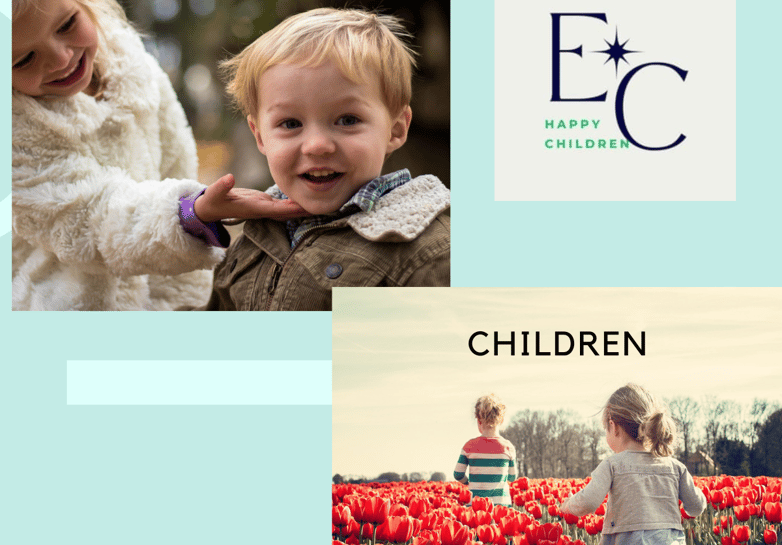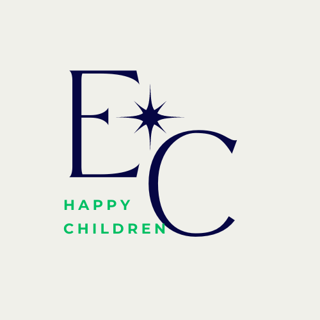Best Educational Apps for Early Learning: " educational apps
Unlock the power of digital education with top-rated educational apps designed for young children. From math and reading to creativity that is using educational apps
12/24/20245 min read


Best Educational Apps for Early Learning:
In today’s digital world, technology plays a vital role in the education of young children. Educational apps provide an engaging and interactive way for kids to learn, grow, and explore. These apps help teach fundamental skills, including reading, math, problem-solving, and creativity, using vibrant graphics and captivating activities. Many parents and educators are turning to these digital tools as a supplement to traditional methods of learning, providing additional opportunities for fun and effective education.
Why Early Learning Apps are Essential for Child Development
Educational apps are not just for entertainment—they offer meaningful developmental benefits. They help improve cognitive functions like memory and attention, language skills, creativity, and fine motor skills. Apps focusing on math or reading can engage children in hands-on activities that boost their learning experience. Many apps also promote emotional intelligence, helping kids understand empathy, manage their emotions, and develop social skills. The interactive nature of these apps makes learning enjoyable and keeps children motivated to explore new subjects.
Key Advantages of Using Educational Apps for Early Learning
Educational apps provide a range of benefits for young learners, helping them grow in multiple areas:
Enhances Cognitive Skills:
Many apps include puzzles, quizzes, and memory games that develop children's attention span and problem-solving abilities, helping them improve cognitive skills in a fun way.Boosts Language Development:
Apps designed for reading and literacy help kids learn the alphabet, new vocabulary, and sentence formation. Through phonics, storytelling, and word games, these apps enhance a child's ability to read and communicate.Fosters Creativity:
Creativity is a crucial part of child development. Apps that allow children to draw, create music, or design stories stimulate imaginative thinking and artistic expression.Improves Fine Motor Skills:
Interacting with a touchscreen helps develop fine motor skills as children learn to use their fingers to tap, swipe, or draw. These activities strengthen hand-eye coordination and dexterity.Supports Social-Emotional Learning:
Certain apps focus on teaching children about emotions, social behaviors, and relationships, helping them develop self-regulation and empathy through interactive lessons and games.
Different Categories of Educational Apps for Early Learning
Educational apps come in various categories, each designed to address specific learning areas. Depending on your child’s needs and interests, you can find apps tailored to a particular subject or developmental milestone.
Math Apps
Apps like Endless Numbers and Todo Math are designed to help children grasp basic math concepts, including counting, addition, and subtraction, through fun games and interactive lessons.Reading and Literacy Apps
Early literacy skills are essential for future reading success. Apps such as Starfall and Teach Your Monster to Read help young learners understand phonics, letter sounds, and word recognition, making it easier for them to become confident readers.Science and Nature Apps
Many children are naturally curious about their environment. Apps like Peekaboo Barn and Toca Nature introduce children to animals, plants, and space, allowing them to explore and learn about the world around them in a fun, interactive way.Art and Creativity Apps
Encouraging creativity helps children express themselves and think outside the box. Apps like Artful Parent and Drawing Desk provide tools for drawing, coloring, and creating music, fostering creativity while enhancing fine motor skills.Social Studies and Geography Apps
Apps such as Geography Drive USA and iLearnWith Boing: World Tour help children learn about different countries, landmarks, and cultural concepts, broadening their understanding of the world.
Top Educational Apps for Early Learning
When it comes to choosing the right educational app, it’s essential to pick ones that are both effective and engaging. Here are some of the best-rated educational apps:
ABCmouse
ABCmouse is a comprehensive learning platform for children aged 2-8, covering subjects such as reading, math, art, and music. With over 850 lessons and activities, it helps children learn essential skills in a structured and enjoyable way.Khan Academy Kids
Khan Academy Kids is a free app offering high-quality educational content for children aged 2-7. With its colorful animations and interactive games, this app covers subjects like math, reading, and social-emotional learning.Endless Alphabet
This app is perfect for teaching children the alphabet and expanding their vocabulary. With adorable monster characters, children can learn new words through fun animations and engaging lessons.Montessori ‘Numberland’
Following the Montessori method, Numberland is designed to teach children early math skills, such as counting and number recognition, using interactive, hands-on activities that make learning fun.Sago Mini World
Sago Mini World is a creative app that features mini-games encouraging imaginative play. It helps children develop creativity, problem-solving, and emotional skills while interacting with cute characters and exploring different environments.Starfall
Starfall is a fantastic literacy app for teaching young children to read. It focuses on phonics and word recognition through songs, games, and interactive lessons that make learning to read engaging and fun.
Choosing the Right Educational App for Your Child
Selecting the best educational app for your child can be overwhelming, but considering the following factors can help you make the right choice:
Age Appropriateness
Choose apps specifically designed for your child's age group. Age-appropriate apps ensure that the content is suitable and engaging for your child’s developmental stage.Engagement Factor
Look for apps that hold your child’s attention with interactive lessons, rewards, and visually stimulating designs. These features help children stay engaged and actively involved in their learning process.Limit Screen Time
Experts recommend limiting screen time for children aged 2-5 to no more than one hour per day. While educational apps can be a helpful learning tool, it’s essential to balance screen time with physical play and other non-digital learning activities.Offline Capability
Apps that work without an internet connection can be convenient, especially for travel or areas with limited Wi-Fi access. Check if the app offers offline features to ensure continuous learning opportunities.Interactive Features
Apps with features like quizzes, puzzles, and reward systems can help enhance learning by encouraging children to participate actively, rather than passively watching content.
Maximizing Learning with Educational Apps
To make the most of educational apps, it's important to integrate them into your child’s routine effectively. Here are a few tips to help enhance their learning experience:
Establish a Routine
Set up a daily learning schedule that includes time for using educational apps. Consistency helps children build good learning habits and reinforces new concepts.Get Involved
Engage with your child while they use the app. Ask questions, help them navigate the app, and celebrate their progress to keep them motivated.Set Learning Goals
Help your child set specific goals, such as completing a lesson or mastering a new word. Achieving these goals can give them a sense of accomplishment and boost their confidence.Reduce Distractions
Make sure your child has a quiet, focused environment while using educational apps. Minimize distractions to ensure that they can concentrate fully on the learning experience.
Frequently Asked Questions about Educational Apps for Early Learning
Are educational apps safe for kids?
Many educational apps are specifically designed with young children in mind and are safe to use. Look for apps that have been reviewed by educators or have received positive feedback from parents.How much screen time should my child have?
Experts recommend limiting screen time to an hour per day for children aged 2-5. It’s important to maintain a balance with other activities like reading and outdoor play.Can educational apps replace traditional learning methods?
Educational apps should complement, not replace, traditional learning methods. While they are valuable tools, children still benefit from hands-on learning and social interaction.Which apps are best for teaching reading?
Apps like Starfall and Endless Alphabet are highly effective for teaching young children to read, as they focus on phonics and vocabulary development.
The Future of Early Learning with Educational Apps
Educational apps have become a powerful tool in early childhood education, providing young learners with engaging, interactive opportunities to develop crucial skills. By choosing the right apps and integrating them into a balanced routine, parents can help their children acquire the knowledge and abilities they need to succeed. As technology continues to evolve, educational apps will remain a vital part of a child’s educational experience, offering exciting ways to learn and grow.
Foster positive learning environment for young minds with perfect advices
© 2024. All rights reserved.
